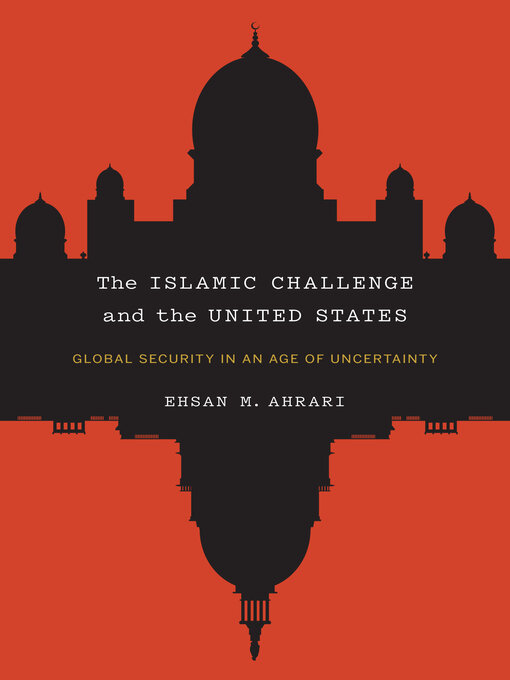- Lucky Day!
- New Fiction Ebooks
- New Nonfiction Ebooks
- Available now
- Most popular
- Chinese Nonfiction Ebook & Audiobook Collection
- Chinese Fiction Ebook & Audiobook Collection
- Dayson Judaica Collection
- Professional and Personal Leadership: Staff Picks
- See all
-
Description
-
Details
-
Reviews

OverDrive Read
- ISBN: 9780773548367
- File size: 1125 KB
- Release date: February 1, 2017
EPUB ebook
- ISBN: 9780773548367
- File size: 1125 KB
- Release date: February 1, 2017

Loading
